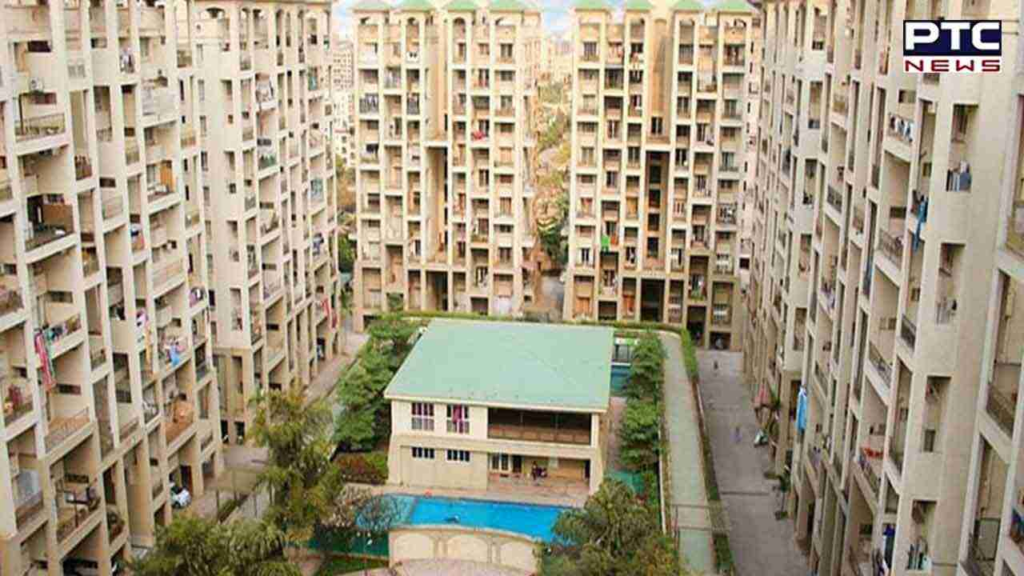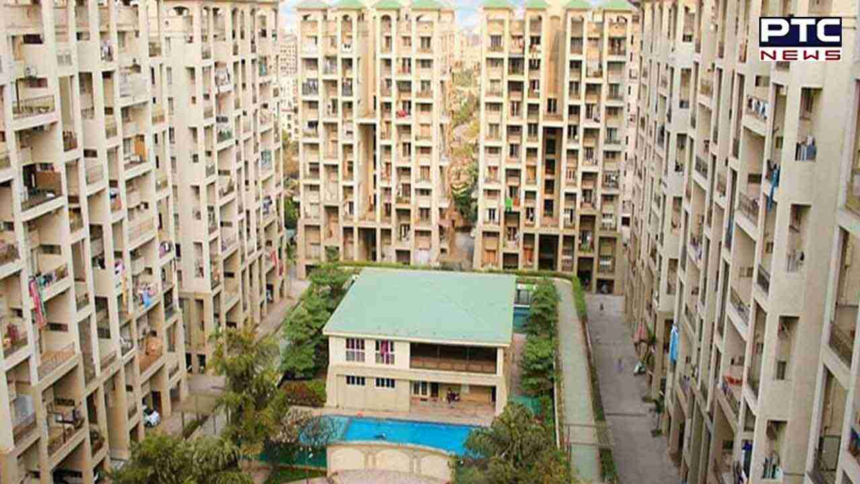
In a recent development that has sparked heated discussions and debates, the Residents’ Welfare Association (RWA) of Himsagar Society in Phi-2, Greater Noida, issued a notice imposing a dress code for residents when utilizing common areas and park facilities. The circular, titled “Dress code for walking in the premises of the society,” explicitly forbids the wearing of lungis and nighties, which are considered home attire, outside of residents’ flats.
Soon after the notice was released on June 10, it quickly gained attention and went viral on social media platforms. The RWA’s attempt to regulate personal clothing choices has drawn criticism from various quarters, with many questioning the association’s authority to impose such restrictions.
The notice, which emphasized the need for appropriate conduct and dress while in public areas, stated, “It is expected from all of you that whenever you roam in the society at any time, you should pay special attention to your conduct and dress so that you do not give any chance to someone to object to your behavior… Therefore, everyone is requested not to roam around wearing lungi and nightie which are home wear.”
While the RWA President, CK Kalra, defended the decision, claiming that it aimed to ensure mutual respect among residents, the dress code has been met with mixed reactions. Some individuals praised the move, highlighting the importance of maintaining certain dressing protocols. However, others viewed it as an infringement on personal freedom and an example of regressive thinking.
One social media user commented, “Nighties and lungis are a bit inappropriate for walking in public places; this is declared old-school thinking these days, but some dressing protocols have to be followed.” Conversely, another user argued that the dress code should have also addressed other clothing choices, such as cartoon printed boxer shorts and night suits in prints and checks masquerading as sportswear, in the interest of inclusivity.
Critics of the RWA’s decision drew parallels to a khap panchayat, a traditional village council known for its conservative rulings, questioning the association’s role in dictating sartorial expression. They argued that freedom of expression encompasses personal style and choice of attire, and therefore, such restrictions should not be imposed.
The controversy surrounding the dress code notice highlights a broader debate on personal freedom, cultural norms, and the extent to which residential associations can regulate the lives of their residents. While the RWA may have intended to create a more harmonious living environment, the imposition of such restrictions has stirred up tensions within the community.
As discussions on social media continue, it remains to be seen how the RWA and residents will navigate this issue and whether the dress code will be revised or abolished in response to the criticism. In an era that emphasizes individual rights and diversity, finding a balance between communal harmony and personal autonomy has become an ongoing challenge for societies like Himsagar in Greater Noida.











